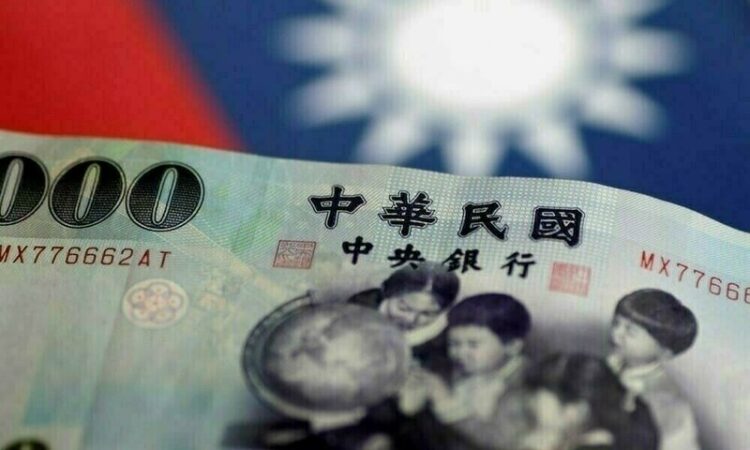
BENGALURU: Asian currencies fell on Tuesday, led by the Thai baht and Taiwan dollar, as investors focused on US trade negotiations with President Donald Trump’s August 1 tariff deadline fast approaching.
Thailand expects to conclude trade talks with the United States, its largest export market, before the deadline and avoid tariffs as high as 36%, Finance Minister Pichai Chunhavajira said, riding the momentum from Trump’s deal with Europe over the weekend.
The Thai baht weakened 0.5% to 32.51 per US dollar, its biggest intraday decline since July 9, while Taiwan’s dollar dropped 0.6% to its lowest since July 1.
Indonesia’s rupiah fell 0.4% to a one-month trough of 16,408 per US dollar as currencies across the region declined amid concerns of the impact the tariffs might have on global growth and inflation.
“What we’re looking out for is… are we going to see a material pullback in US demand. If we start seeing that, it’s going to cascade into Asia’s exports, which is basically the lifeblood of what we do,” J.P. Morgan Asset Management said at a Singapore media roundtable on Tuesday.
Trump’s trade deal with Europe initially lifted market sentiment, but investors quickly realised the terms largely favoured the US This reinforced dollar strength, adding pressure on regional currencies.
Officials in Seoul are scrambling to secure an agreement ahead of the August 1 deadline to avoid tariffs on key industrial exports.
The urgency underscores a broader regional race to secure favourable terms as Vietnam, Indonesia, the Philippines and Japan have already clinched trade agreements with Washington.
US and Chinese economic leaders held more than five hours of talks on Monday, working to resolve disputes and extend their current truce by three months.
Regional equities also fell, with Taiwan’s benchmark index slipping as much as 1.4% to a one-week low.
Singapore and the Philippine markets dropped 0.6% and 0.9%, respectively, while Indonesian and South Korean shares bucked the trend, posting modest gains.
Central bank meetings dominate the week ahead, with the Federal Reserve and Monetary Authority of Singapore announcing policy decisions on Wednesday, followed by the Bank of Japan on Thursday.
“With no policy changes expected from the BOJ, Fed, or MAS this week, EM Asian currencies are unlikely to see significant movement from these central bank meetings,” said Chandresh Jain, rates strategist at BNP Paribas.




